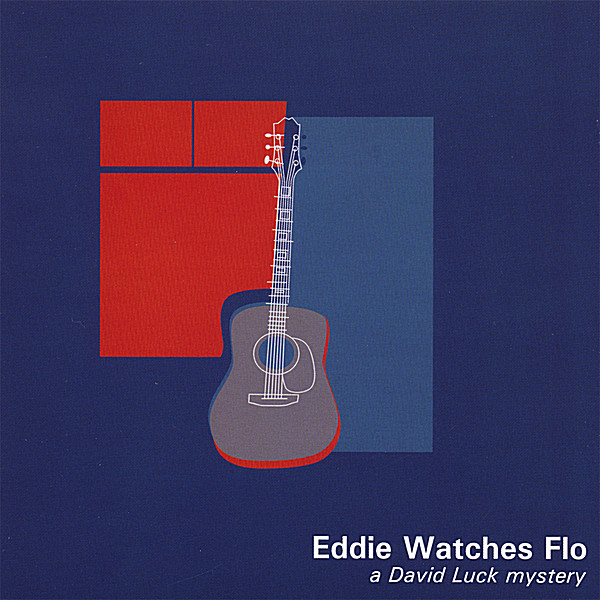
Early in his career, Michael Shea wrote the Lovecraftian novel The Color out of Time (1984). He subsequently wrote some of the most scintillating and gripping tales of the Cthulhu Mythos in contemporary weird fiction, including "Fat Face" and "Copping Squid." These tales mingled Lovecraftian themes with the gritty realism of urban horror, and they often featured drug addicts, prostitutes, and others whom conventional society treats with scorn and marginalization.
Shea wrote the novel Mr. Cannyharme in the late 1970s, and it constitutes a remarkable adaptation of Lovecraft's early story "The Hound" (1922), about the depredations of an ancient Dutch vampire. In Shea's novel, Mr. Cannyharme stalks the seedy Mission District of San Francisco in the aftermath of the hippie movement of the 1960s. Holed up in a rundown hotel, the seemingly harmless Cannyharme-aged, feeble, bent almost double with a crippling disease-is the focus of the supernatural terror in the novel.
Jack Hale, who manages the hotel, is one of the few who sense the danger to society and the world that Cannyharme represents. With a motley band of young whores and drug dealers, he takes on the challenge to counteract the horrors that Mr. Cannyharme seeks to release upon an unsuspecting world.
Mr. Cannyharme, written in a vibrant prose that brings to life the multitude of characters that populate the book, is a triumph of Lovecraftian terror, but also speaks of the way in which those who are regarded as the refuse of society can assert their dignity and self-worth in a grim environment. In this sense, it proves to be a novel affirming the triumph of the human spirit over the horrors facing it.







